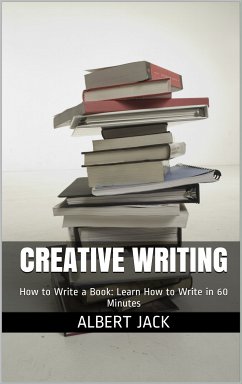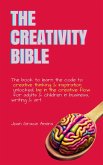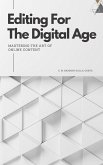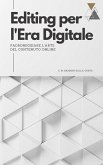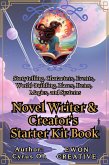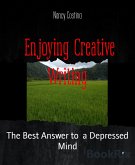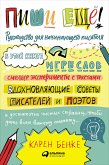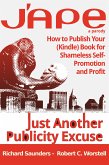Over the years I have often been asked, by unpublished writers, how they should go about finding a publisher. I am also often asked the question, 'what should I write about.' And, whilst that is irritating; the chief reason being, 'That's your job,' it is still a good question. (The main thing a writer has to do is to have the idea in the first place.) The answer, of course, is something that other people, your readers, will want to buy and then read and there are very simple ways to find out what that might be. To start with a writer has to consider their reader and what interests them. Can you come up with a book idea that will appeal to an 80 year old lady, a fifteen year old boy, a 25-year old girl and a middle aged man all at the same time? Because that is what you need to do, find as wide an audience as possible. Books about left handed, Norwegian badminton players will not enjoy big sales.
A couple of years ago I was in a small, artistic town in South Africa and found myself at a table of half a dozen would-be writers who were all asking me those same questions, and more. And I had the answers because there are professional techniques and habits that a writer must adopt and over the years it seems I have adopted them, possibly without realising it. Somebody then said, 'you should be teaching this. We don't know any of this, no wonder I can't get a reply from a publisher.' And this made me stop to think for a while. He was right, they didn't know any of this, but it was actually all quite simple. He was just doing all the wrong things. (Lesson number one - Nobody is really interested in your own life story. Unless you are Nelson Mandela)
So I began to explain how to find an idea that a top publisher might be interested in commissioning. A subject they would see they could sell to as many people as possible. The questions kept coming and I began to start thinking that maybe I should offer a professional writer's workshop and start sharing all this inside knowledge with as many people as possible. But one thing prevented me. It was fear! I was afraid that no-one would turn up or be interested in what I had to say. The same thing that most writers are afraid of.
After fifteen years of working with Random House, Harper Collins and, for the larger part, Penguin Books I must have picked up something along the way. So, I had been firmly encouraged to share my experiences as a professional writer with those who would like to also follow that particular path. Now, with five successful workshops behind me, I have also been encouraged, by Kindle Direct Publishing, to share those experiences on a much wider scale by releasing what are essentially the workshop notes that I give to all my writers (as I like to call them) in the form of this ebook.
I can only now hope this encourages you to develop the correct habits and to target the paying markets in a professional way. In about two hours reading time you should certainly be better equipped to do so. Albert Jack
Dieser Download kann aus rechtlichen Gründen nur mit Rechnungsadresse in A, B, BG, CY, CZ, D, DK, EW, E, FIN, F, GR, H, IRL, I, LT, L, LR, M, NL, PL, P, R, S, SLO, SK ausgeliefert werden.

